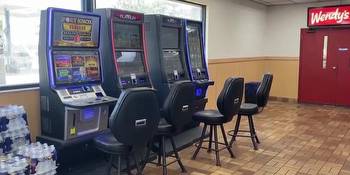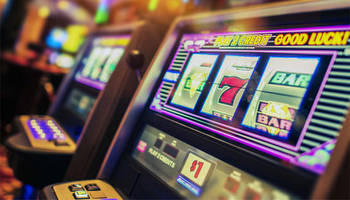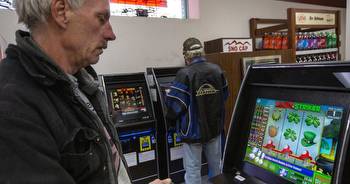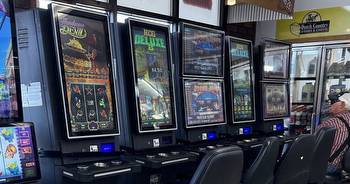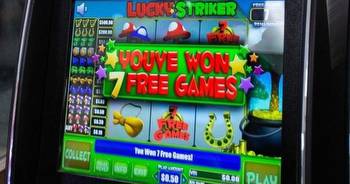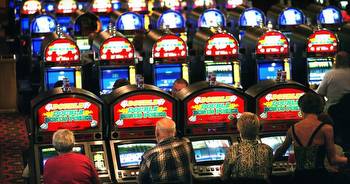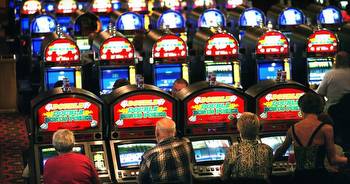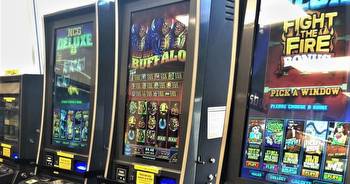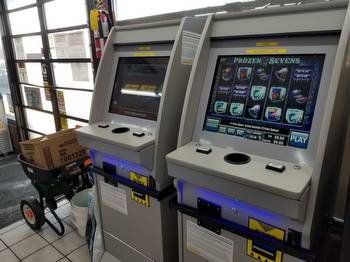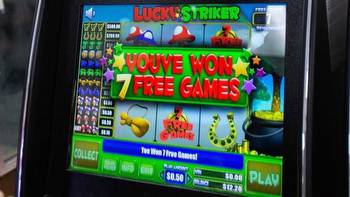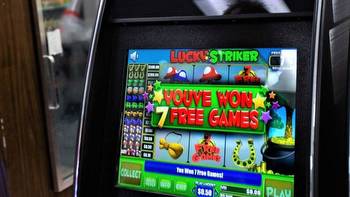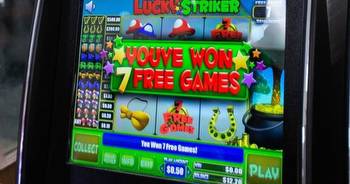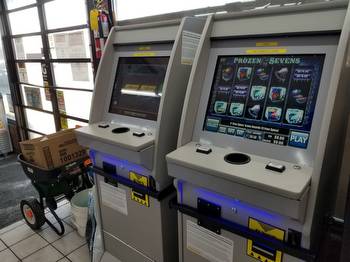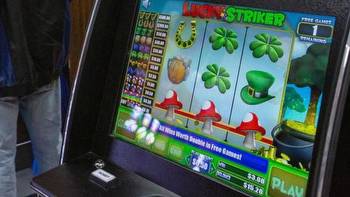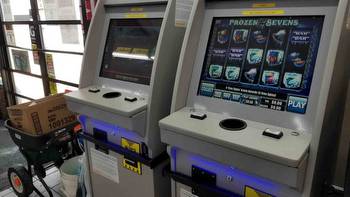Judge tosses lawsuit to stop MSHP from seizing slot machines
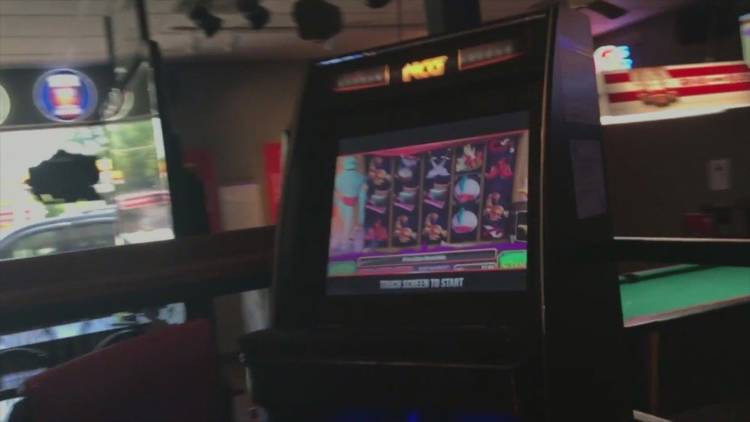
JEFFERSON CITY, Mo. – Less than 24 hours before the state of a trial to decide if slot machines that offer cash prizes are illegal, the judge dismissed the case.
We’ve all seen them inside convenience stores and truck stops: video lottery terminals. Torch Electronics wanted the courts to stop the Missouri State Highway Patrol (MSHP) from seizing these machines. Then, the Missouri Gaming Association intervened, saying these games are already illegal. Instead, a Cole County judge tossed the lawsuit.
“What the judge, I think, ultimately said was if I’m going to throw out Torch, I’m going to throw out the Gaming Association and put the whole case on ice,” Marc Ellinger, attorney for the Missouri Gaming Association, said Tuesday.
A lawsuit filed by Torch Electronics back in 2021 asking a judge to protect the company, which is a vendor of slot machines, from future police investigations can no longer move forward.
“He doesn’t think the courts are the right place to resolve this,” Chuck Hatfield, attorney for Torch Electronics, said about Cole County Judge Daniel Green. “There are different types of games out there and some of them, in my view, are clearly illegal under Missouri law, but the games Torch puts out, which have what’s called a ‘prize viewer’ or a ‘pre-reveal’ feature, we don’t think are illegal under Missouri law, and we’re in court trying to get the judge to tell everyone that.”
One day before the closely watched case was set to go to trial, a Cole County judge said he’s dumping it.
“My client would like a decision on these devices,” Hatfield said Tuesday. “We think they are legal under Missouri law, and we would like to go ahead and see the courts clarify that.”
Hatfield said Torch wants the judge to declare the thousands of unregulated machines legal.
“Pinball machines are legal; claw machines are legal,” Hatfield said. “At what point do you get to something that crosses over to being a gambling device? We think our devices have been lumped together improperly with illegal devices.”
But the judge’s decision left both sides unhappy. The Missouri Gaming Association, which represents the state’s casinos, said this means thousands of unregulated slot machines can now remain in operation.
“If you win, there is no guarantee that you will get paid the full amount of what you won,” Ellinger said. “You will see children gambling at these machines; you will see folks that have addition problems gambling at these machines. I think people should look at them and turn away.”
Ellinger said these illegal machines are unfair to the regulations and taxes casinos must pay under state statute.
Under state law, casinos are required to pay 20% of their adjusted gross revenue. Ellinger said that money then goes to education. Casino operators also have to pay $2 every time someone walks through the door. Half of that goes to the local city, while the other dollar goes to the veterans’ fund.
“When you walk into a store or a mini casino with these illegal machines, nobody gets any money from that, except for the owners of the illegal machines and their business partners,” Ellinger said. “As casinos, we shouldn’t have to be burdened with illegal competition, and we should get a court to tell Torch and other folks that do these illegal games.”
Hatfield said that Torch Electronics is required to pay property tax on the gaming machines, and he believes the casinos and Gaming Association don’t like the competition.
“They are saying that people are not coming on gaming boats because they are out playing Torch machines,” Hatfield said. “I think that’s ridiculous. These are devices that are in convenience stores that people just on their way to get a soda, and they stop off and play the machine for a bit. Just like those claw machines or the video games you see in convenience stores. Casinos are a whole different experience. Our target audience, our target consumer is not the people that go and spend three or four hours at the casino.”
For years, MSHP has been investigating complaints, but many prosecutors seem hesitant to file criminal charges.
“The law is really clear in Missouri,” Ellinger said. “These are illegal machines. What really needs to be done is the local prosecuting attorneys need to prosecute these cases.”
Ellinger said this isn’t the first time it has happened. Back in the 1980s, he said there was a rise of illegal slot machines, which led to seizures by police. Then, there was a case that went to the court and the judge said the games were illegal. It then happened again, 10 years later.
“We’re just in that next cycle where they are back around,” Ellinger said. “The difference is there is a huge number of these machines, and they are making an incredible amount of money. In the end, prosecutors have an obligation to prosecute the law and I think that’s the ideal circumstance.”
Following the dismissal of the case, the highway patrol said in a statement that they agreed with the ruling.
“The Patrol will continue to conduct investigations and enforce the law in accordance with the Revised Statutes of Missouri,” Captain John Hotz, Missouri State Highway Patrol, said in a statement Tuesday.
Both Ellinger and Hatfield said they are considering filing an appeal.








